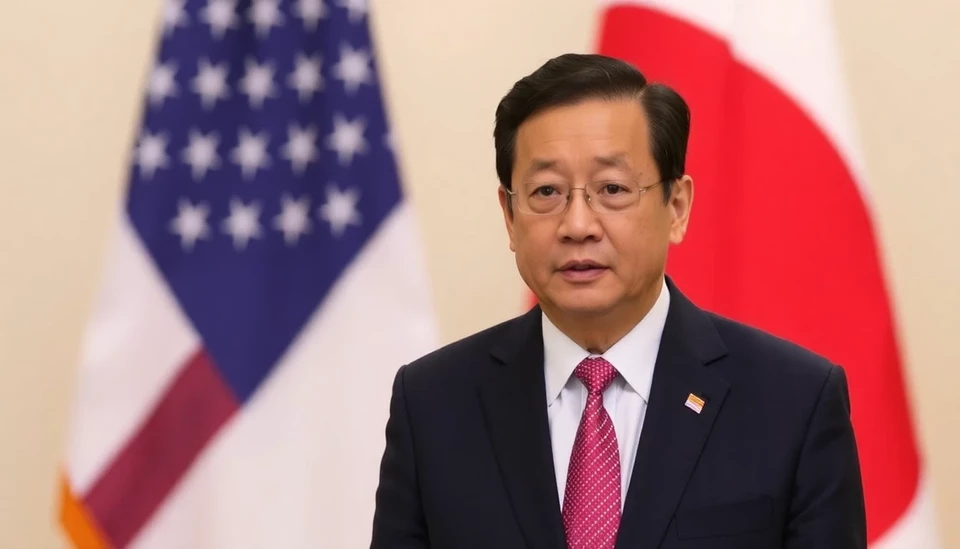
In a surprising turnaround, Indonesian authorities unveiled a significant modification to their proposed value-added tax (VAT) increase, which was initially set to come into effect on January 1, 2024. This change comes at a critical juncture, as the government grapples with economic pressures and public backlash regarding the potential economic burden on citizens.
The VAT hike was originally aimed at boosting state revenue in an effort to sustain infrastructure development and social programs amid fluctuating global economic conditions. However, the impending increase, which was poised to elevate the tax rate from 10% to 11%, has now been scaled back to just a 1% increase, resulting in a new VAT rate of 11%. This revised measure reflects the government’s attempt to balance fiscal objectives with the need for maintaining public sentiment and economic stability.
Finance Minister Sri Mulyani Indrawati addressed the issue head-on, declaring that the last-minute adjustment was influenced by extensive consultations with various stakeholders and an acknowledgement of the current economic climate facing many households across Indonesia. The government recognizes that a more gradual increase in VAT would alleviate some financial pressure on citizens already struggling with rising costs of living, especially in a market where inflation is a concern.
This decision represents a larger trend observed in the region where governments are increasingly mindful of public perception and the economic realities affecting their populations. Across Southeast Asia, countries face the challenge of increasing revenues without alienating voters, as economic recovery from the pandemic continues to be uneven and fraught with complications.
The VAT adjustment will have broader implications for Indonesia's budget, which is heavily reliant on tax revenue to fund various initiatives. Analysts suggest that while this move may offer immediate relief to consumers, it could place additional strain on government funding in the long run. The revised increase is expected to generate less revenue than initially anticipated, prompting questions about how the government plans to bridge the resulting fiscal gap.
Despite these concerns, there is cautious optimism that the government may explore alternative avenues for revenue generation, potentially focusing on enhancing compliance and strengthening enforcement of existing tax laws. The government aims to create a more equitable tax environment, ensuring that all sectors contribute fairly to fiscal needs.
The decision to soften the VAT hike also signals a broader recognition of the delicate relationship between governance and public support in Indonesia. As the government aims to assure citizens of its commitment to economic stability while simultaneously addressing fiscal requirements, it must navigate through complexities that arise from varying stakeholder interests.
Moving forward, this decision will be closely monitored, particularly as the government advances towards other key economic initiatives and political reforms in the coming year. The evolution of Indonesia's VAT policy could serve as a bellwether for similar economic strategies throughout the region, making its outcomes crucial for both domestic and international observers.
As 2024 approaches, all eyes will be on the Indonesian government to see how it manages fiscal responsibilities alongside public sentiment—a balancing act that will define the economic landscape for the country in the years to come.
#Indonesia #VAT #TaxChanges #EconomicPolicy #PublicSentiment #FinanceMinister #SriMulyani #FiscalResponsibility #SoutheastAsia #2024Economy
Author: Laura Mitchell




